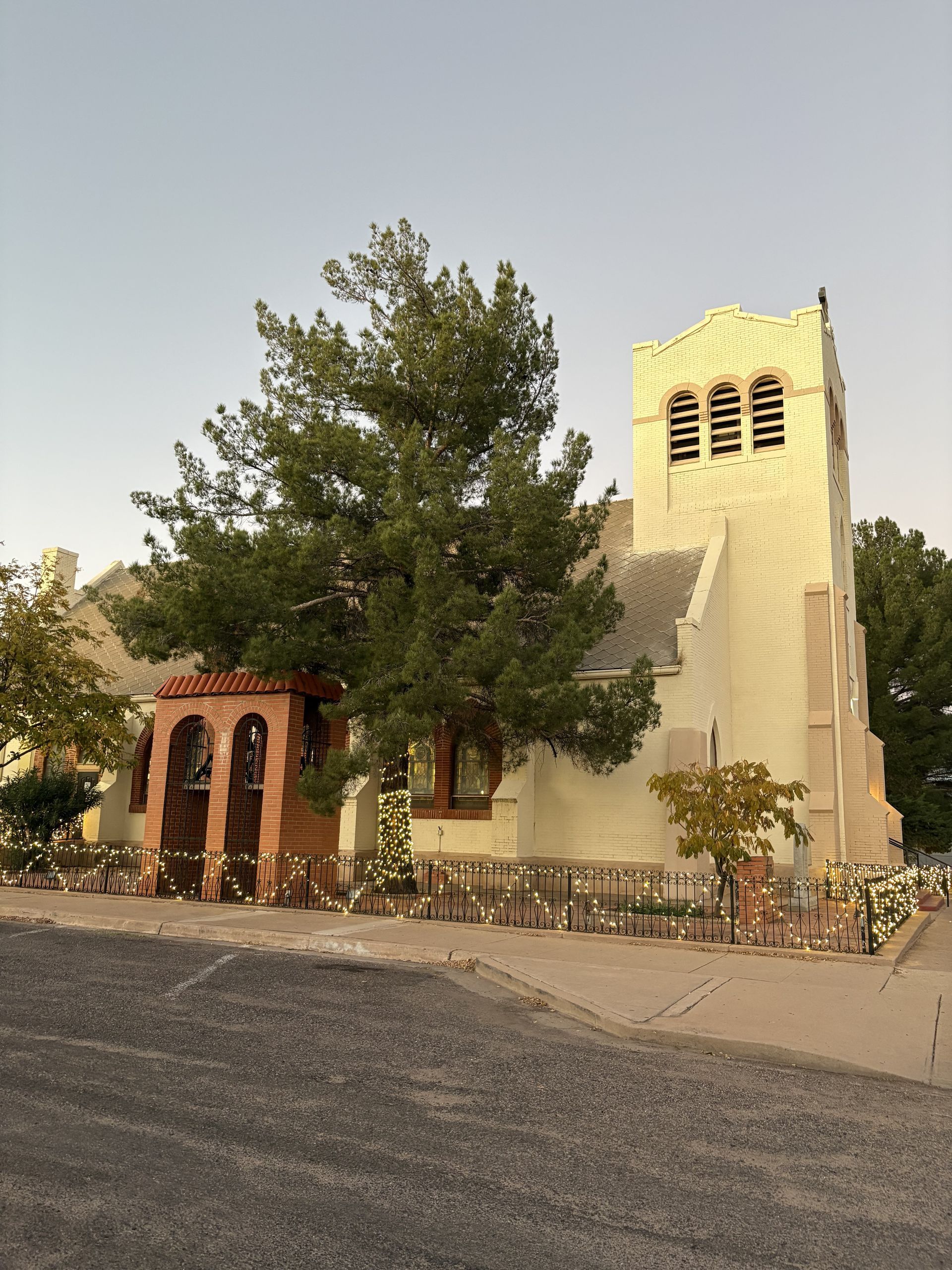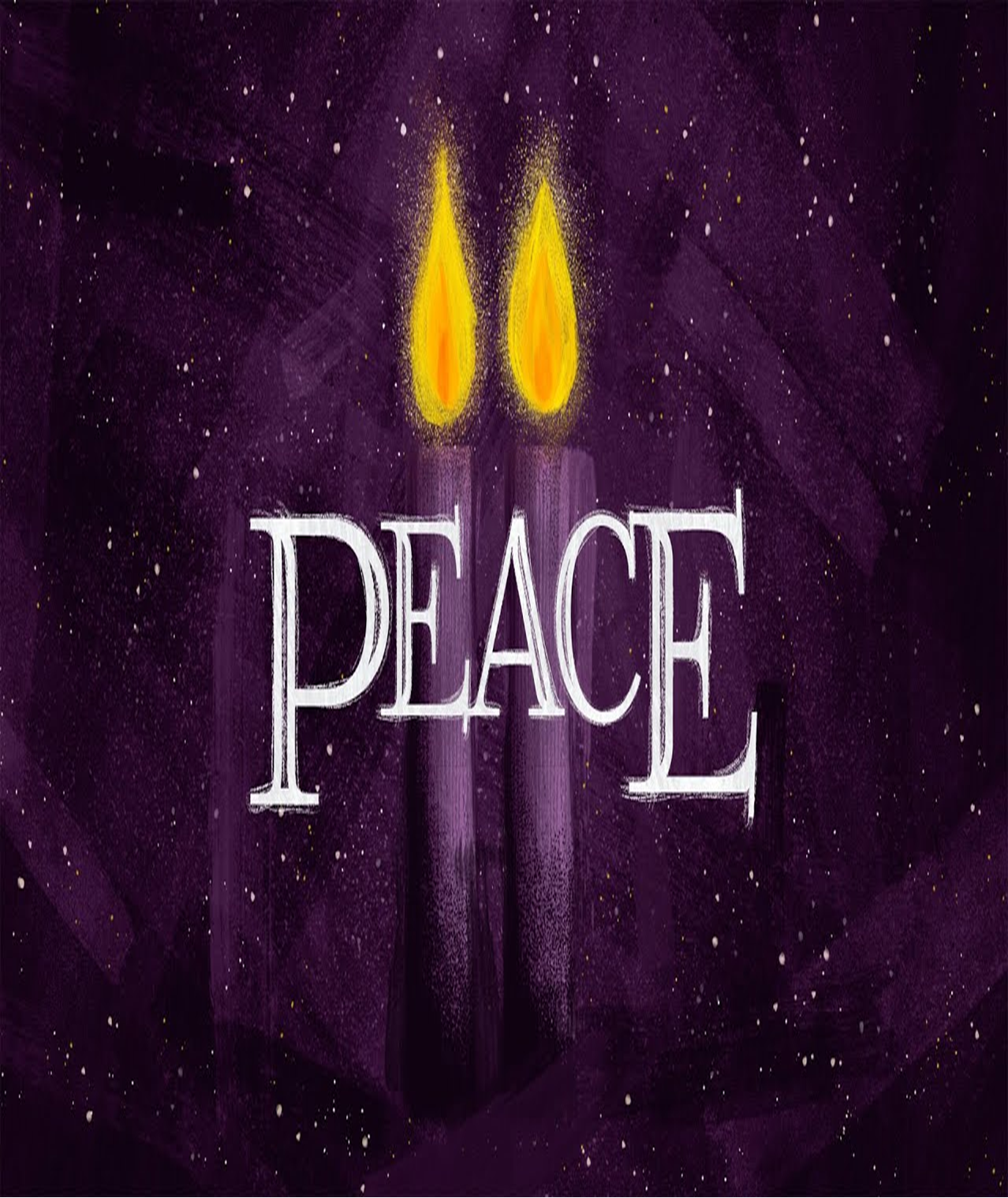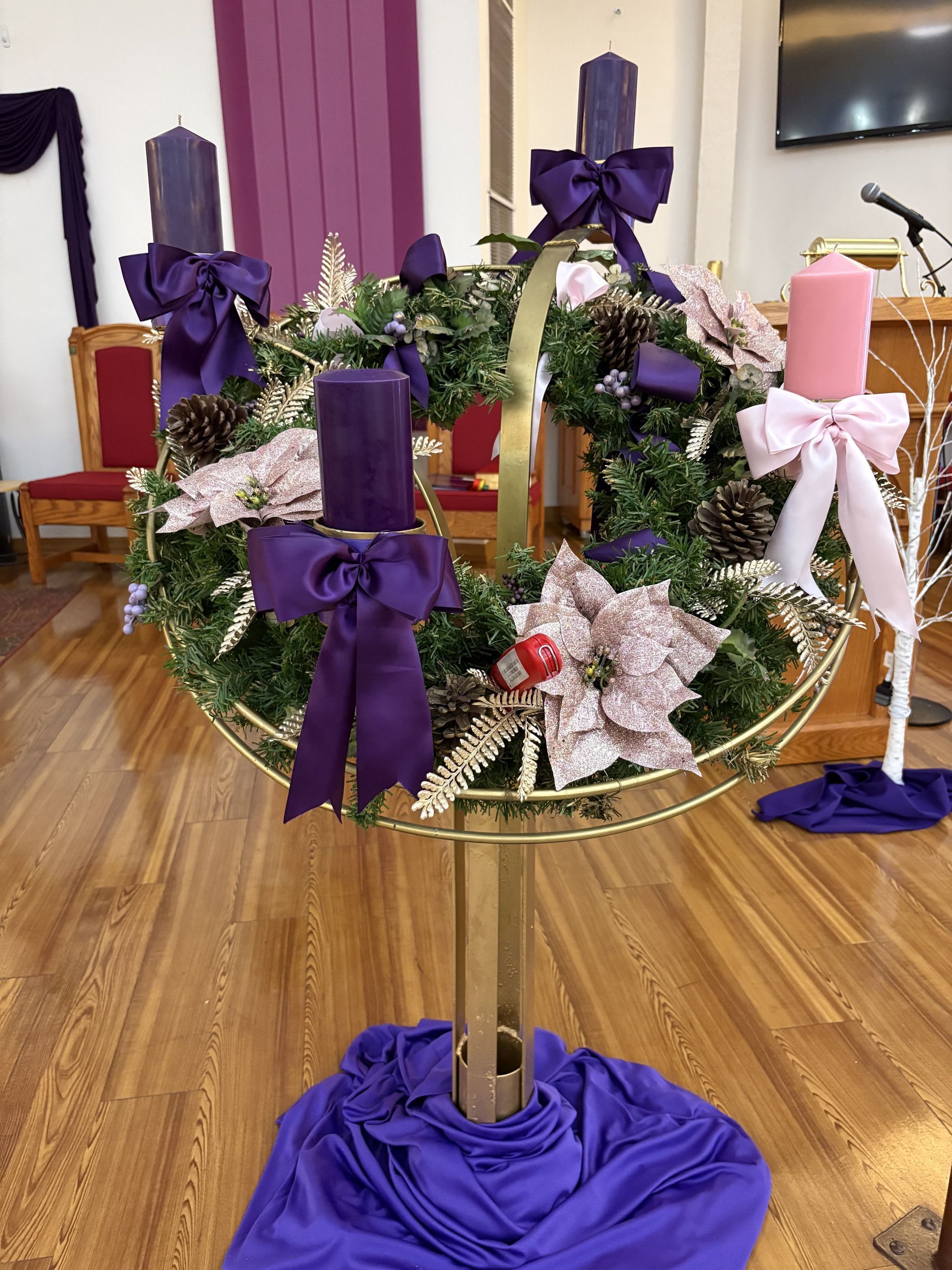In a one- sentence prologue, we get a sense of Luke’s intent to present a quite different version of the good news of Jesus in an exquisite and orderly way. Other gospels existed before him which he used as a resource but a break from the past. He drew his writings from eyewitnesses and ministers of the word. This year, Luke, the evangelist, our beloved patron saint will be our guide. He was a medical physician by profession and described as a companion of Paul in his missionary journeys. He dedicated this writing to most excellent Theophilus: lover of God and the beloved of God. If you fall into this category, this is for you. The purpose of writing is to help us get closer to God, carry us to God and achieve our goal of emulating Jesus. Luke puts strong emphasis on the forgotten and the invisible in society: the homeless, the unemployed, the sick, the troubled, and those we ignore.
Today, this scripture passage is fulfilled in your hearing. He said, today, right now, at this moment and not yesterday and tomorrow and even centuries back, God’s word is fresh like a newly- baked bread dipped in a simmering brewed coffee. Every day around 6am, someone blows his horn while passing by the church. Before I thought the person tried to wake me up but it probably an act of reverence signaling a new day…
The scripture is a piece of literature not simply about God but God himself. It’s God’s word, pure and simple, although human authors like Luke put them together meant to inspire lives. So, unless the sacred text transforms us inside out, then it’s just words on a page. Luke admits that his gospel is not a history nor a biography but a narrative of the important events in the life of Jesus. It’s not an attempt to capture and record the minutest details of his life but only, a crystallization of what happened in the past. The book of Nehemiah recalls that the people stood to listen to the word of God and wept in tears when they heard it proclaimed to them.
The word proclaimed and heard demands action. It calls us to do something with our experience. Let’s allow the breathtaking encounter with the divine to sink and penetrate in our hearts and souls even there in the pew. Dance with it. Play with it. Wrestle with it. If it is indeed fulfilled in your hearing, it asks us to commit ourselves.
As a preacher, a messenger of God and an unworthy representative of the church, my job can be likened to a middleman between God and the people. Aware of my own weaknesses and limitations, I have no choice on Sunday morning but to climb the pulpit and address the assembly gathered in God’s name. As a bearer of God’s mysteries, preaching represents my soul to the congregation. If I don’t do well, my community suffers. Knowing it’s not about me, I can’t apologize afterwards for what I said. Amen.



